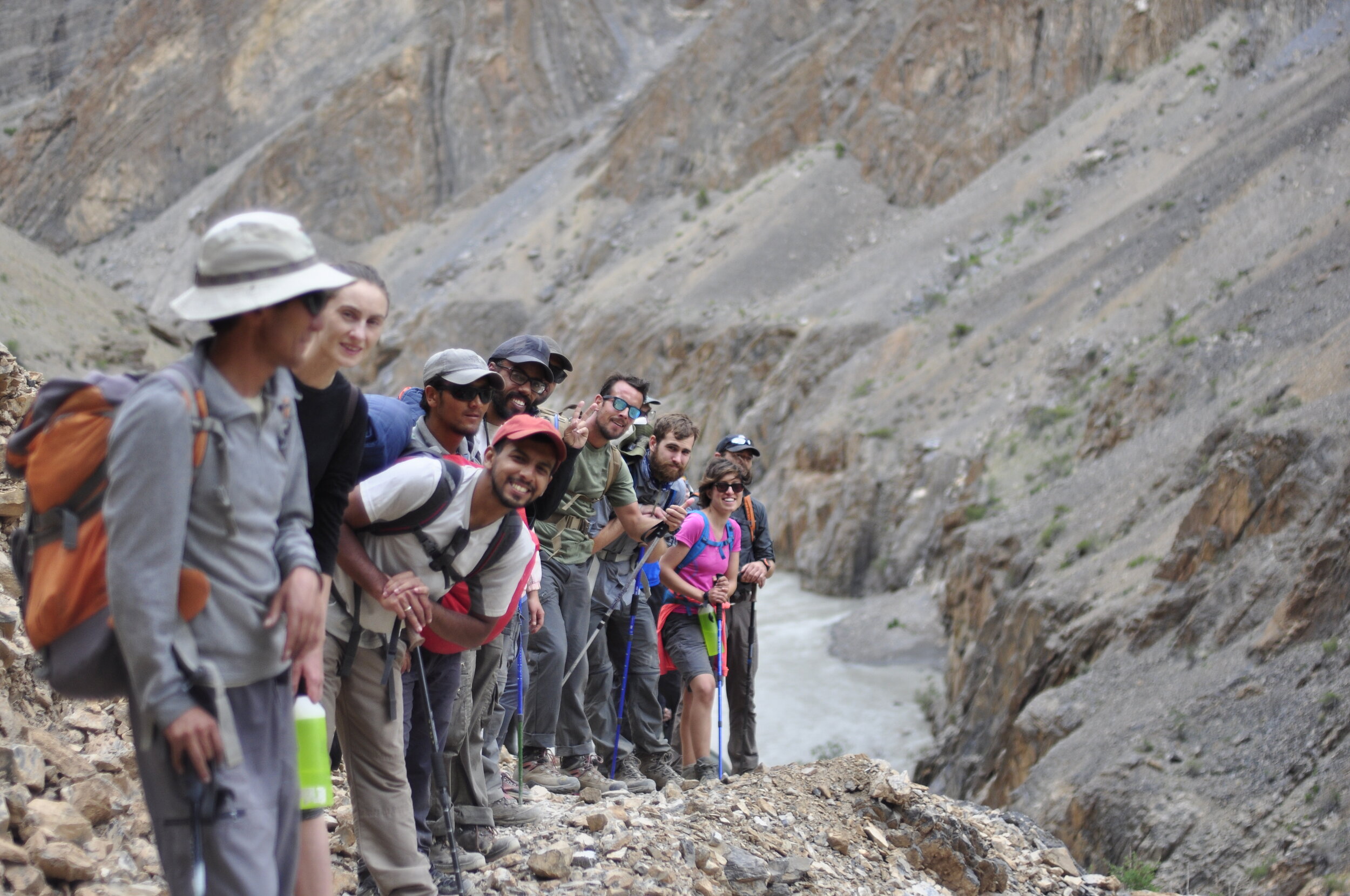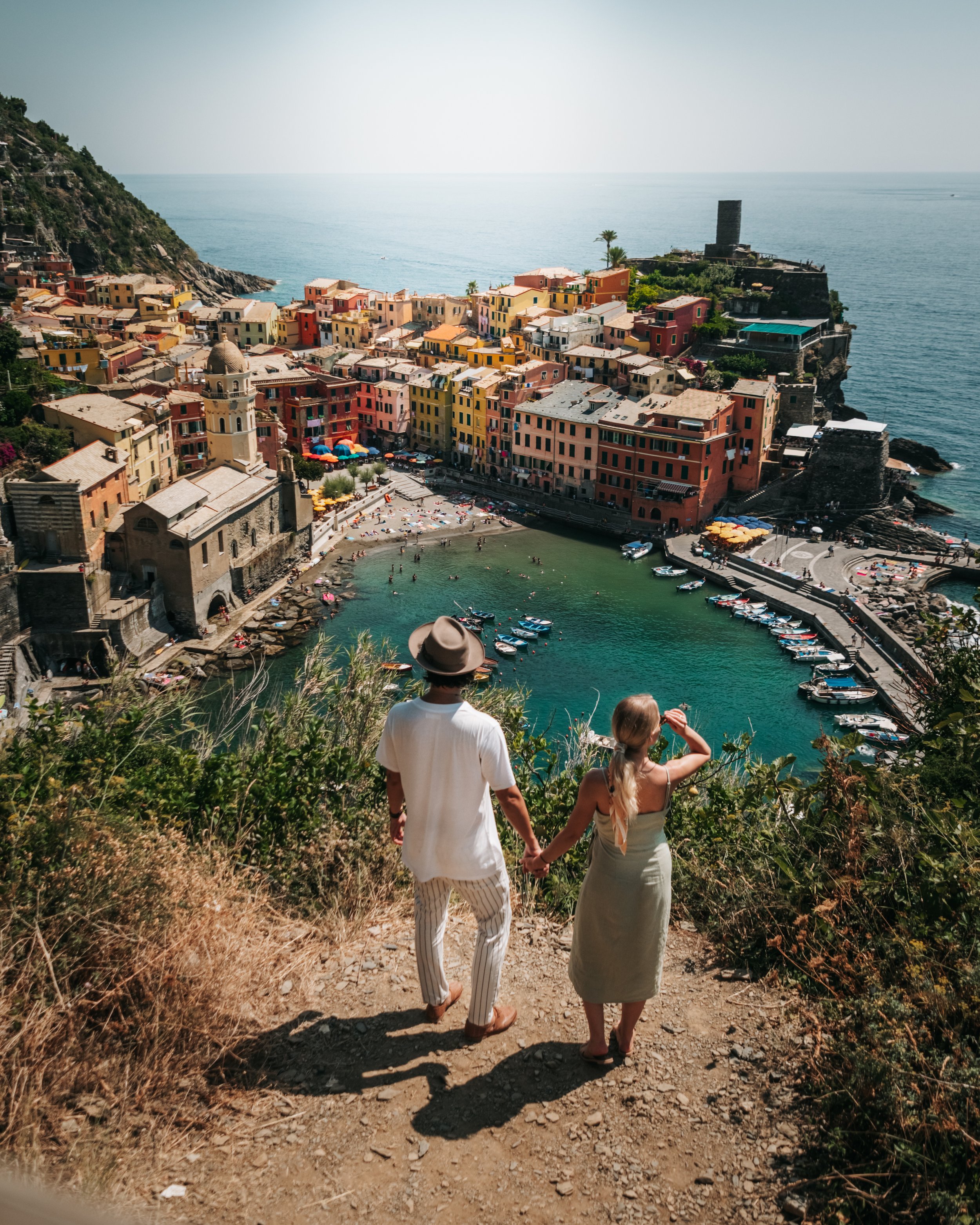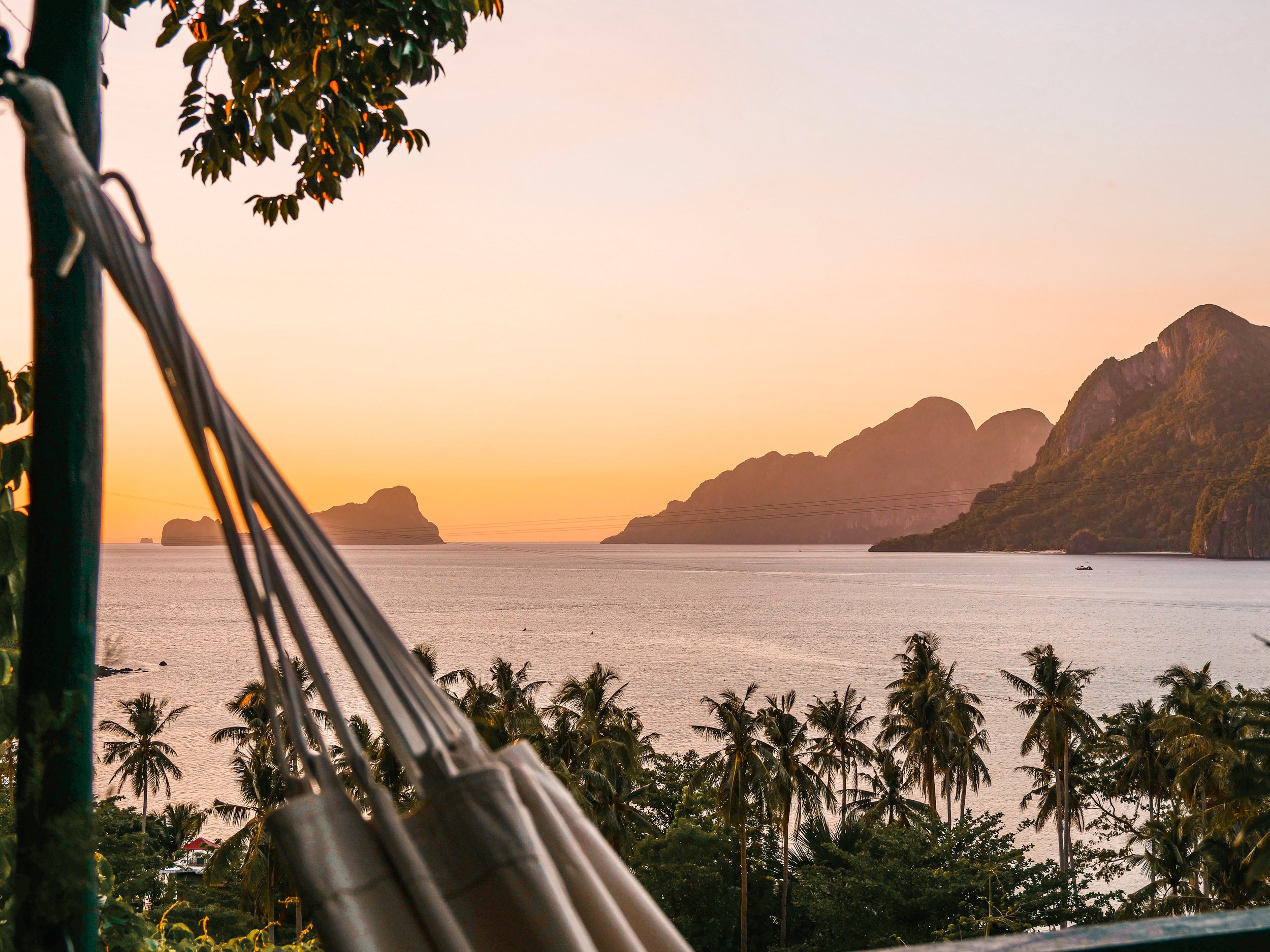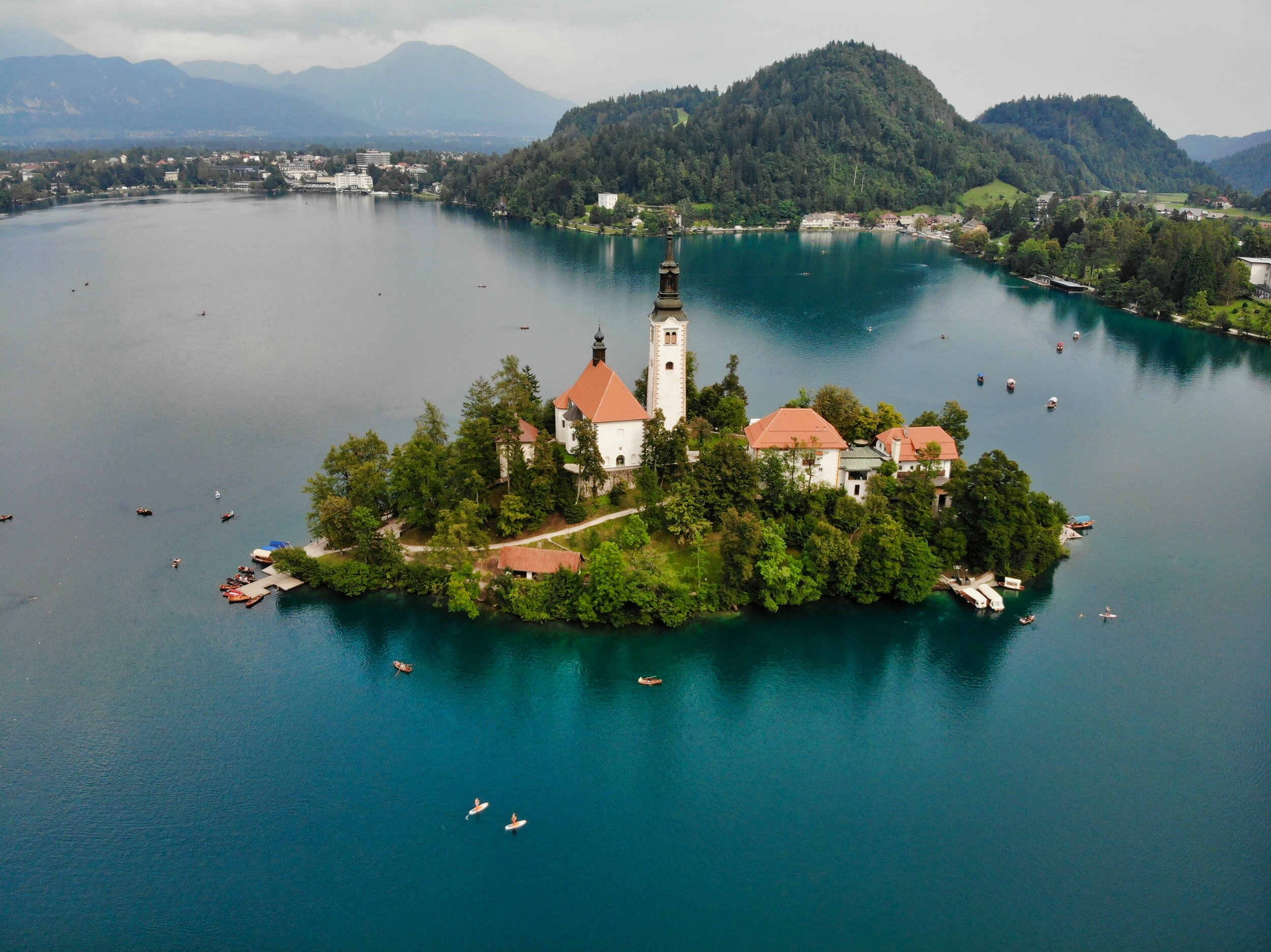Paras Loomba is #ONEin330million. An electrical engineer by profession, he founded Global Himalayan Expedition and has spent the last 10 years bringing solar energy to the remote villages of the world, while also creating a life-changing experience for the traveller.
COVID-19 made a big dent on the revenue for the remote Himalayan communities who relied heavily on Tourism for income. Yet Paras and his team have found a way to use this downtime. Last year GHE powered 2 medical centres in the Himalayas and North East India.
Most recently, they solar-powered a medical centre in Ladakh, India at 14000 ft for the remote village of Sato. The healthcare centre caters to more than 6 villages, in the vicinity, and is also the first line of approach for the villagers for medical care.
The centre is now equipped with a 7kW Solar Plant and critical care equipment such as a ventilator. Good quality medical care requires a reliable power supply and adequate medical equipment with trained medical staff.
“I am an Electrical Engineer by qualification and Tourism happened to me when I was exploring the most impactful model that we could create to impact communities in the Himalayas. It has been almost one decade and if it wasn't for Tourism, the communities where we are working could never have seen development and would have migrated. Tourism acted as a force for good and brought development.
COVID-19 made a big dent on the revenue for the remote communities who relied heavily on Tourism. This year there was zero Tourism, and we expect the same until mid-2021. On the other hand, this also made the communities self – reliant, and they started growing their own food and developed skill sets that provided them on other means of avenues than Tourism.
I am very hopeful for the future of the Travel & Tourism industry. 2020 has given us much time to ponder on how to put things right and slow down, to make changes that will eventually impact the destinations, and the impact the industry will have on climate change. Finally, the industry as a whole has acknowledged the importance of sustainability and associated the use of clean mechanisms in Tourism growth.
Something that we have missed in 2020 is the adrenaline rush to execute an expedition and the unending curiosity of the travellers and exploring the villages with them.
In 2017 we trekked for over 120km deep into the Zanskar valley of Ladakh in India to electrify one of the remotest villages in the Himalayas. Once the travellers electrified the village, the villagers danced the whole night and embraced the solar light as divine intervention. “
Paras Loomba, Founder, Global Himalayan Expedition. WTTC thanks Paras for sharing his story from Ladakh, India

“2020 has given us much time to ponder on how to put things right and slow down, to make changes that will eventually impact the destinations, and the impact the industry will have on climate change“











